YOU ARE HERE
»
Home
»
Babekazi
»
Cheikh Anta Diop’s Theories and their Place in Social Work and Development
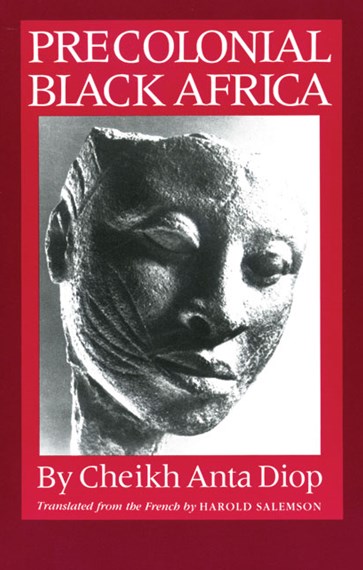
Cheikh Anta Diop’s Theories and their Place in Social Work and Development
Cheikh Anta Diop (1923-1986) was born in Thieytou, Diourbel Region of Senegal. His philosophy and theories are important in social work and development, but have not been used. What a lost opportunity!
He was a historian, politician, theorist, philosopher and researcher (anthropologist and physicist). Diop studied and wrote about the human race and pre-colonial Africa, focusing on culture. His language was Wolof. He was from a rich family, that had adopted Islam. He held 5 doctorates in physics, African history, Egyptology, linguistics and anthropology. The theories have been neglected in social work and development but they are crucial, and should be used as they are more appropriate than the non-African theories used in most of our institutions.





Legacy
The government of Senegal recognised his work. He had postage stamps printed to honour him and the University of Dakar was renamed Cheikh Anta Diop University. he has a conference in his honour. While working at the University of Dakar, he established the Institut Francophone d’Afrique Noire (IFAN) Radiocarbon Laboratory which advanced his Black Egypt by dating bones and artifacts from the pyramids.





As a political, Diop joined the Rassemblement Democratique Africaine (RDA) and became its general secretary (1950-1953). The slogan of RDA was National independence from the Sahara to the Cape and from the Indian Ocean to the Atlantic. His own party was Le Bloc des Masses Senegalaises (BMS). His political work challenged President Leopold Senghor, who was the first president of Senegal after ‘political’ independence from France in 1960. He was arrested together with fellow politicians.
Diop’s theories in social work and development
- One Africa Theory – Africa is one. In ancient times, North Africa which includes Egypt, Morocco, Algeria and other countries was a land of Black people which was later colonised and they were dispossessed, some migrated and some were unfortunately assimilated. Some tribes exists in North Africa today. Diop argued that Africa’s culture was started by Black people in Egypt and spread southwards, therefore it is wrong to want to view Black people of Africa as different. Instead of seeing tribes and languages, Diop said we should see one people. This is a decolonised view of Africa useful for social work and development. He was a member of UNESCO International Scientific Committee for the Drafting of a General History of Africa in 1971. In the opening chapter of the report book, he wrote about the origins of the ancient Egyptians, with extensive examples about use of animals of respect (at times called totems), shared cosmological knowledge, genetic, archeological, physiological, cultural, environmental, linguistic, anthropological and historical evidence which was difficult to refute. This was important because his earlier work had been criticised for lacking evidence, especially by western scholars. Diop called for:
- One army
- One language
- One federated Africa
- Africa-centred Thought – Afrocentrism, that is, using Africa’s thoughts in education, research, politics, philosophy etc. His ideas were the foundation stones of Afrocentrism.
- Cultural Continuity Theory – same as one Africa theory. That the sub-cultures seen in Africa today are not the whole, Africa has one culture with sub-cultures.
- Renaissance of Africa – In the journal article Quand pourra-t-on parler d’une renaissance africaine (When we will be able to speak of an African Renaissance?), Diop said the Renaissance of Africa will be based on regeneration of its culture, including languages and that ancient Egypt culture would play an important role in the regeneration (Diop, 1948). Cite as Diop, A.C. (1948). Quand pourra-t-on parler d’une renaissance africaine (When we will be able to speak of an African Renaissance?). Musée vivant journal. special edition published the Association populaire des amis des musées (APAM).
- Diop Research Approach – Diop supported use of multiple evidence in research, not just one form of evidence. In his work, he used genetic, archeological, linguistic, physical (e.g. carbon dating), cultural, environmental, anthropological and historical evidence.
- Cultural Bias Theory – Diop was critical of cultural bias in research, and how western-centred research privileged white people and disadvantaged black people.
- Two Cradle Theory – see image below. This theory is a comparison of the societies of Africa and Europe.

Through his studies, he determined that ancient Egypt was founded and ruled by Black Africans, that the Egyptian language and culture still exist in modern Africa and that Black Egypt was responsible for the rise of civilization throughout Africa and the Mediterranean, including Rome and Greece.
Strengths
He researched at a time when ideas from Africa were almost completely not recognised. Every student was expected to think like a white person. Diop rejected this, and challenged wrong ideas about Africa. His thesis was rejected by University of Paris in 1951 because his major argument was that Egypt was black before white skin came but went on to be regarded as one of the greatest pieces of African history when it was privately published. He later defended his thesis, two times and was finally awarded a doctoral degree in 1960.
Diop was passionate, combative, and revisionist. He demonstrated the black origins of Egyptian civilisation. Toyin Falola, a Nigerian historian
Award: The joint prize of most influential African intellectual along with W.E.B. Du Bois. World Festival of Black Arts, 1966, Senegal
Alongside his Two Cradle Theory, Diop challenged Eurocentric views of history and culture and proposed Africentric views of history and cultural development. He claims Egypt as a Black, African civilization that produced thought and science on par with, and even as an influence on, the ideas originating in ancient Greece. These ideas were not just theoretical but had, and have, incredible value in bolstering the sense of cultural history and self-worth of people across the African diaspora. His recognition of the richness and depth of African cultures allowed him to rewrite a racist history that contributes to centuries of subjugation. Blog: Dr Logan Consulting
An African Champion
In 1974 Diop and Theophile Obenga collectively and soundly reaffirmed the African origin of pharaonic Egyptian civilization at a UNESCO sponsored symposium in Cairo, Egypt.
Dr. Diop was the Director of Radiocarbon Laboratory at the Fundamental Institute of Black Africa (IFAN) at the University of Dakar. He sat on numerous international scientific committees and achieved recognition as one of the leading historians, Egyptologists, linguists and anthropologists in the world. He traveled widely, lectured incessantly and was cited and quoted voluminously. He was regarded by many as the modern `pharaoh’ of African studies.
Runoko Rashidi, 2000, A Brief Biography Of An African Champion
Diop took his work to Senegal, where he established a laboratory to study radio carbons.
Some weaknesses
Diop was educated in the West, at least for his tertiary education, and developed his theories there. He went on to work there for about 10 years. This is a weakness for scholarship of Africa. How do we develop critical ideas in western institutions? How do we challenge ideas that demean Africa when we find confirm in learning in their institutions?
Diop overcame the label of being Western educated by remaining a son of Africa in thoughts, however, he failed to resist marrying a white woman from France. While some people will argue that interracial marriage is just marriage like any other, it is far more than just a marriage. It impacts how people perceive you and judge your work. In Africa, Diop could have been looked at as ‘less-African’, and in Europe he could have been looked at as ‘wanting’ to be white. Regrettably, this label follows mixedrace children, in Africa they are not truly African and in Europe they are not truly European, not black, not white. As PLO Lumumba recently said in reference to deposed former president of Gabon Ali Bongo Ondimba, ‘white people are very clever. If you become influential, they give you a wife so that they can control your resources and intellect. This way they not only control you but your offspring’. How could Diop have been critical of white people when he had a white wife and children who share a white heritage?
Some publications
Diop, C A (1960). Civilisation ou barbarie : Anthropologie sans complaisance.
City of Publication: Paris, Presence Africaine
Diop, C A (1964). The Cultural Unity of Black Africa: The Domains of Patriarchy and of Matriarchy in Classical Antiquity. London, Karnak House
Diop, C A (1973). Parenté génétique de l’égyptien pharaonique et des langues négro-africaines modernes. Dakar, NEA
Diop, C A (1989). L’unité culturelle de l’Afrique noire : Domaines du patriarcat et du matriarcat dans l’antiquité classique. Paris, Presence Africaine
Diop, C A (1990). La grande confrontation: Religion, sciences exactes, sciences sociales. Paris, Presence Africaine
Diop, C A (1991). Black Africa: The Economic and Cultural Basis for a Federated State. Chicago, Lawrence Hill Books
Diop, C A (1997). Civilization or Barbarism: An Authentic Anthropology (Revised Edition). Chicago, Lawrence Hill Books
Diop, C A (2007). Towards the African Renaissance: Essays in Culture and Development, 1946–1960. (Revised Edition) Dakar, Codesria



Final words
Diop was a proponent of the One Africa philosophy and Africa-centred thought. His ideas, known as Diopian thought, were that Black people of Africa have a common philosophy, they are one people and they are capable of civilization. His work is crucial for social work and development research, research training, education and practice. Diop’s work is inspirational, liberatory and transformatory and should be put to good use in social work and development curricula.
Discover more from Africa Social Work & Development Network | Mtandao waKazi zaJamii naMaendeleo waAfrika
Subscribe to get the latest posts sent to your email.


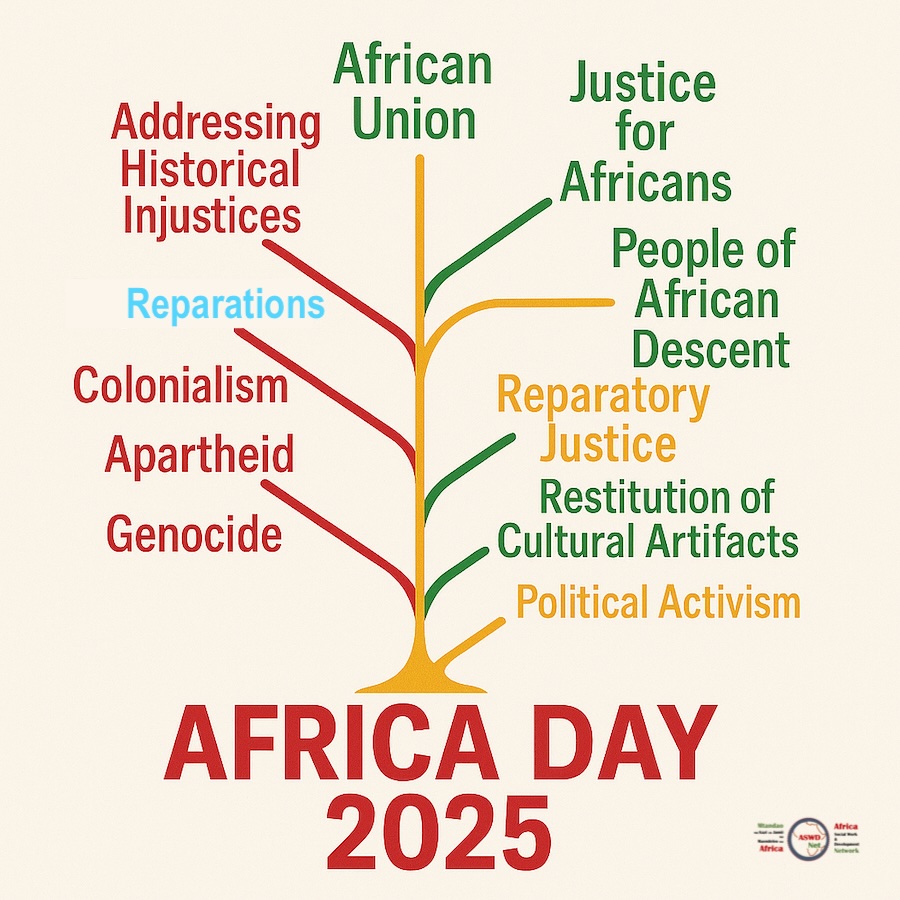
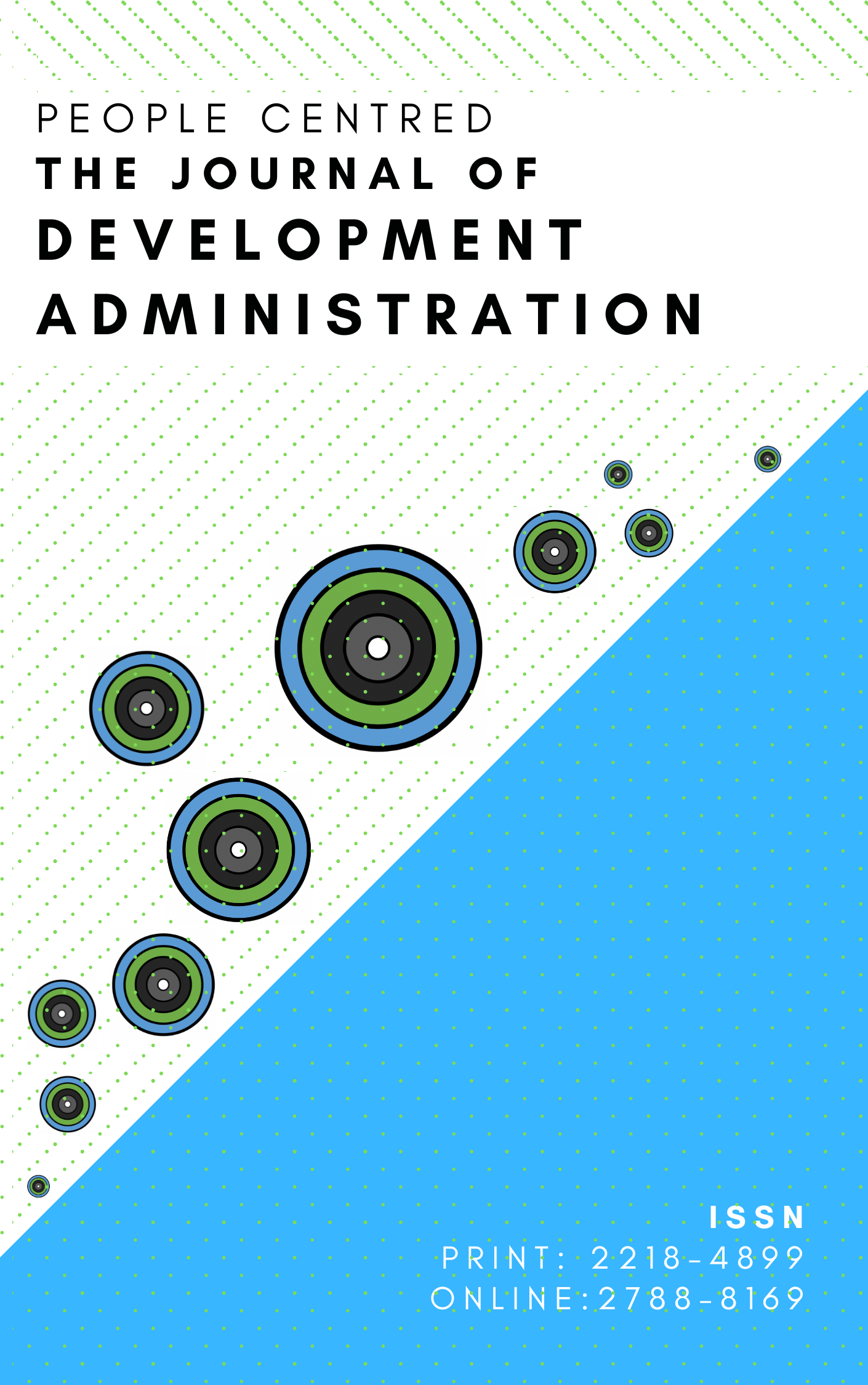
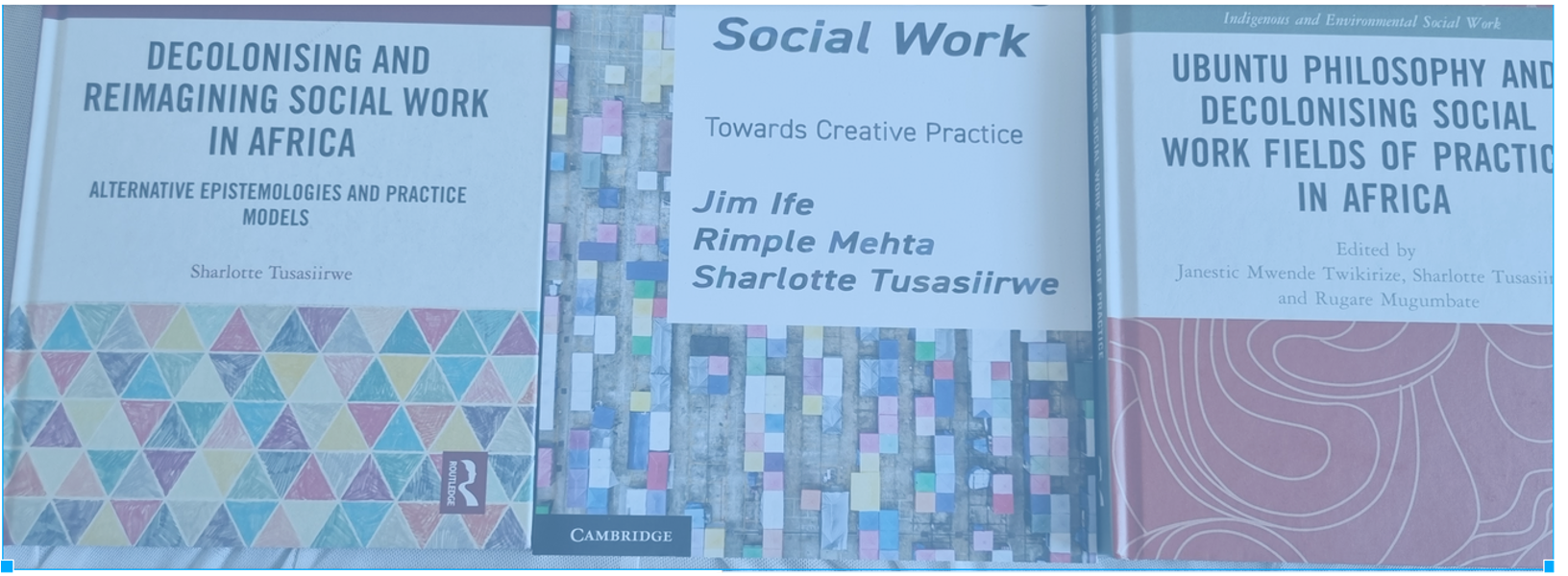
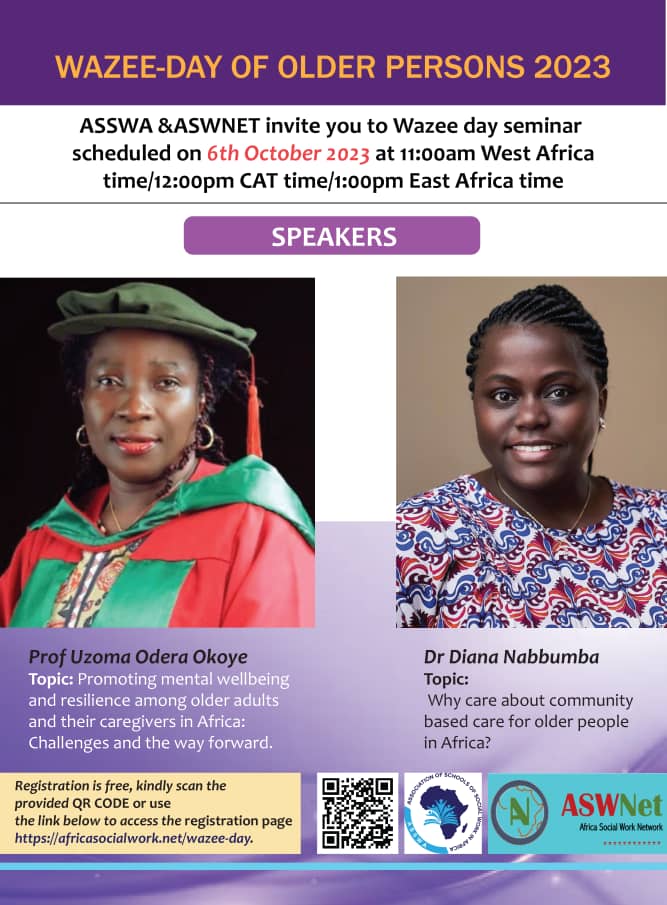
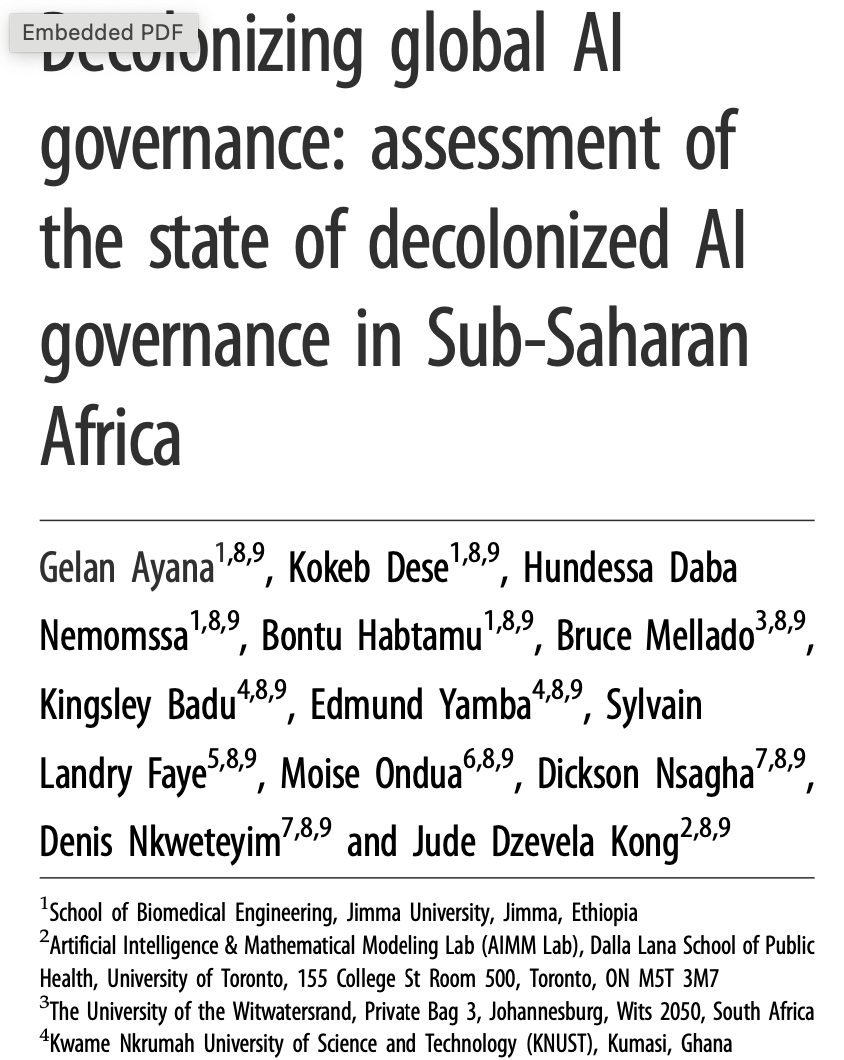

You must be logged in to post a comment.